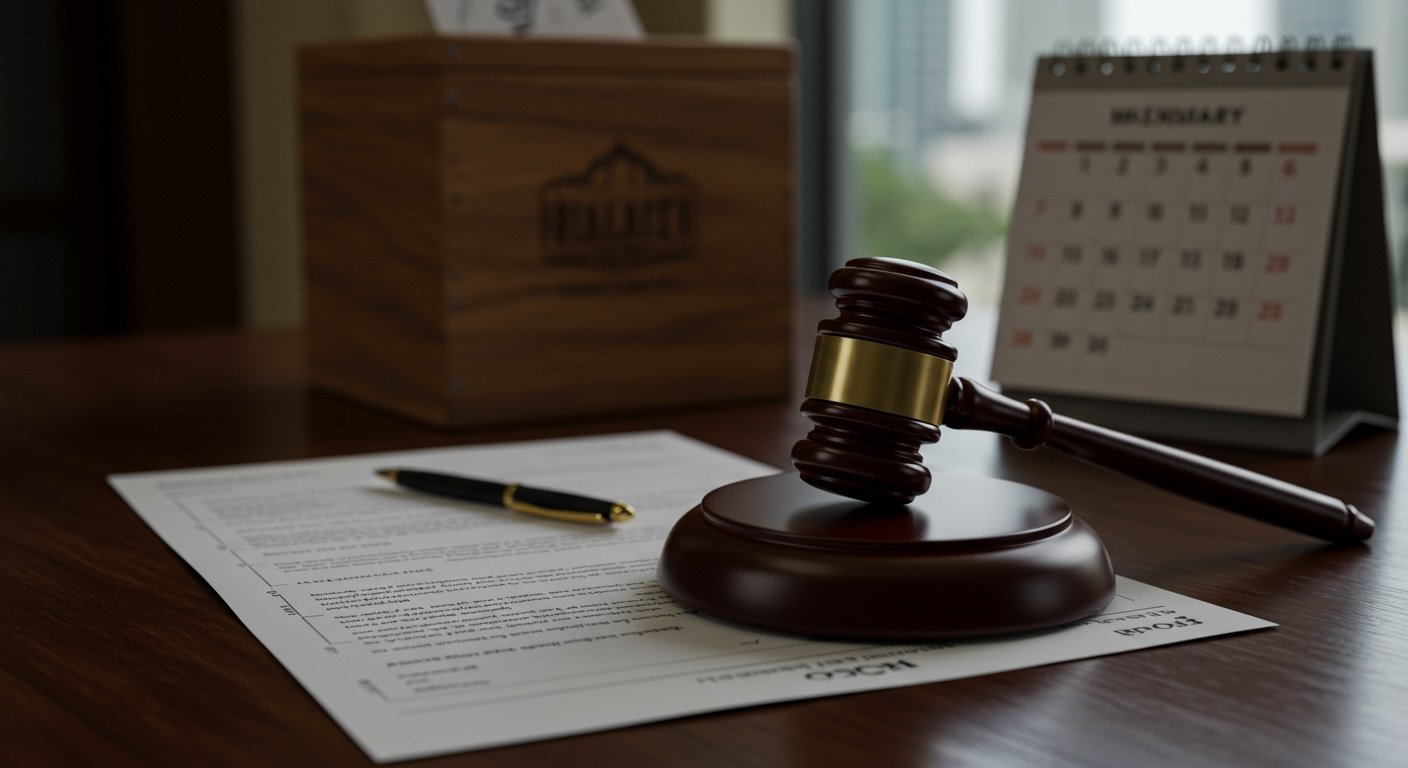Miami, Florida – A significant political maneuver is currently unfolding in Miami, centered on a proposal to alter the date of the city’s municipal elections. This potential change carries substantial implications, primarily the possibility of extending the terms of current officeholders, including Miami’s prominent Mayor, Francis Suárez.
Proposed Calendar Shift
The core of the proposal involves moving the timing of Miami’s local elections. Currently held at a separate time, the plan under consideration would realign municipal voting with the state’s general elections. Proponents argue that this synchronisation is designed to significantly boost citizen participation by placing local races on a ballot that historically draws a much higher turnout.
The Underlying Objective and Political Effect
The stated aim of increasing voter engagement provides the public rationale for the proposed change. However, the practical effect of shifting the election date would be an adjustment to the electoral calendar that could result in current officials, including Mayor Francis Suárez, remaining in office for an additional year beyond their initially scheduled term expiration.
A Brewing Legal Conflict
The proposed alteration has ignited a legal dispute regarding the necessary procedural steps for such a change. At the heart of the disagreement is the question of whether modifying the election date requires direct voter approval via a referendum or if it can be enacted solely through legislative action by the city commissioners via an ordinance.
The State’s Position: Mandating a Referendum
Florida’s Attorney General, James Uthmeier, has weighed in on the matter, asserting that any change to the municipal election date fundamentally requires the consent of the electorate. His position is that such a significant modification to the democratic process cannot bypass a direct vote by the citizens it affects. Attorney General Uthmeier contends that the legal framework necessitates a referendum, ensuring the power to alter election timing remains with the voters.
The City’s Counter-Argument: Authority via Ordinance
Conversely, Miami’s city attorney, George Wysong, presents a differing legal interpretation. Wysong argues that the city commissioners possess the authority to change the election date through the passage of an ordinance. This perspective suggests that the city’s governing body has the legislative power to make such procedural adjustments without the requirement of a city-wide public vote or referendum.
Navigating an Uncertain Path Forward
The clash between these two legal viewpoints sets the stage for potential legal challenges and political debate. The outcome will determine not only the future timing of Miami’s municipal elections but also potentially impact the duration of the terms for current officeholders like Mayor Suárez. The city commissioners must now navigate this legal ambiguity as they consider whether to move forward with the proposed ordinance, facing the possibility of litigation challenging its validity if a referendum is bypassed.
The debate underscores the complex interplay between procedural changes aimed at increasing voter turnout and the significant political ramifications, including the extension of current terms in office. As Miami’s leadership considers its next steps, the differing legal opinions from the state’s Attorney General and the city’s own legal counsel highlight the uncertainty surrounding this pivotal decision.





